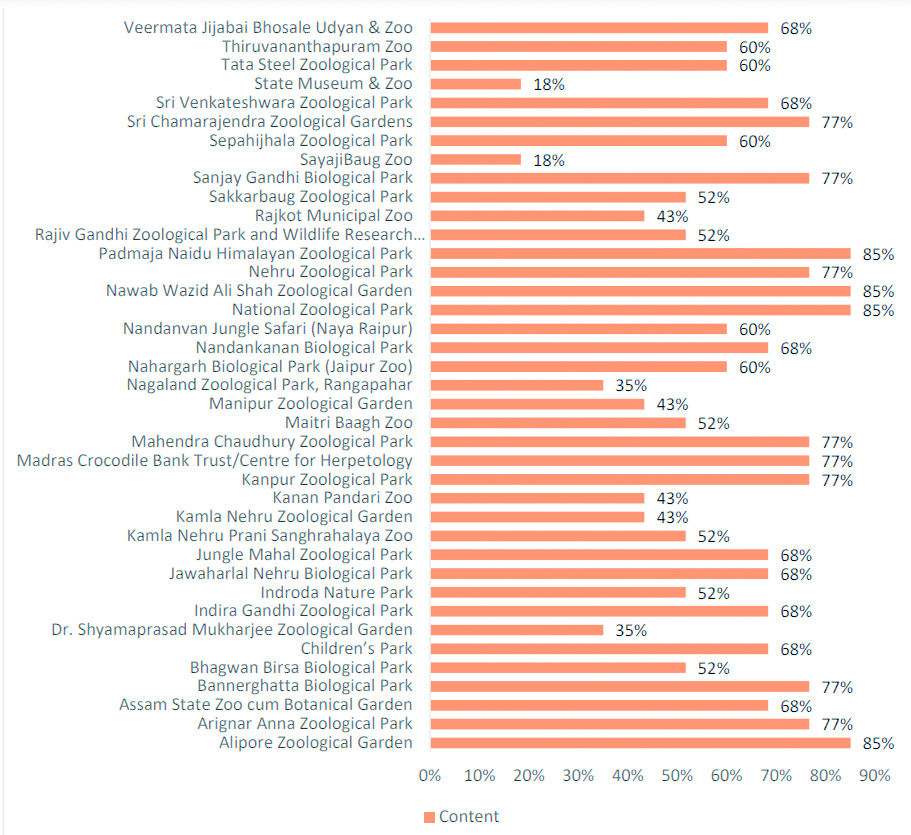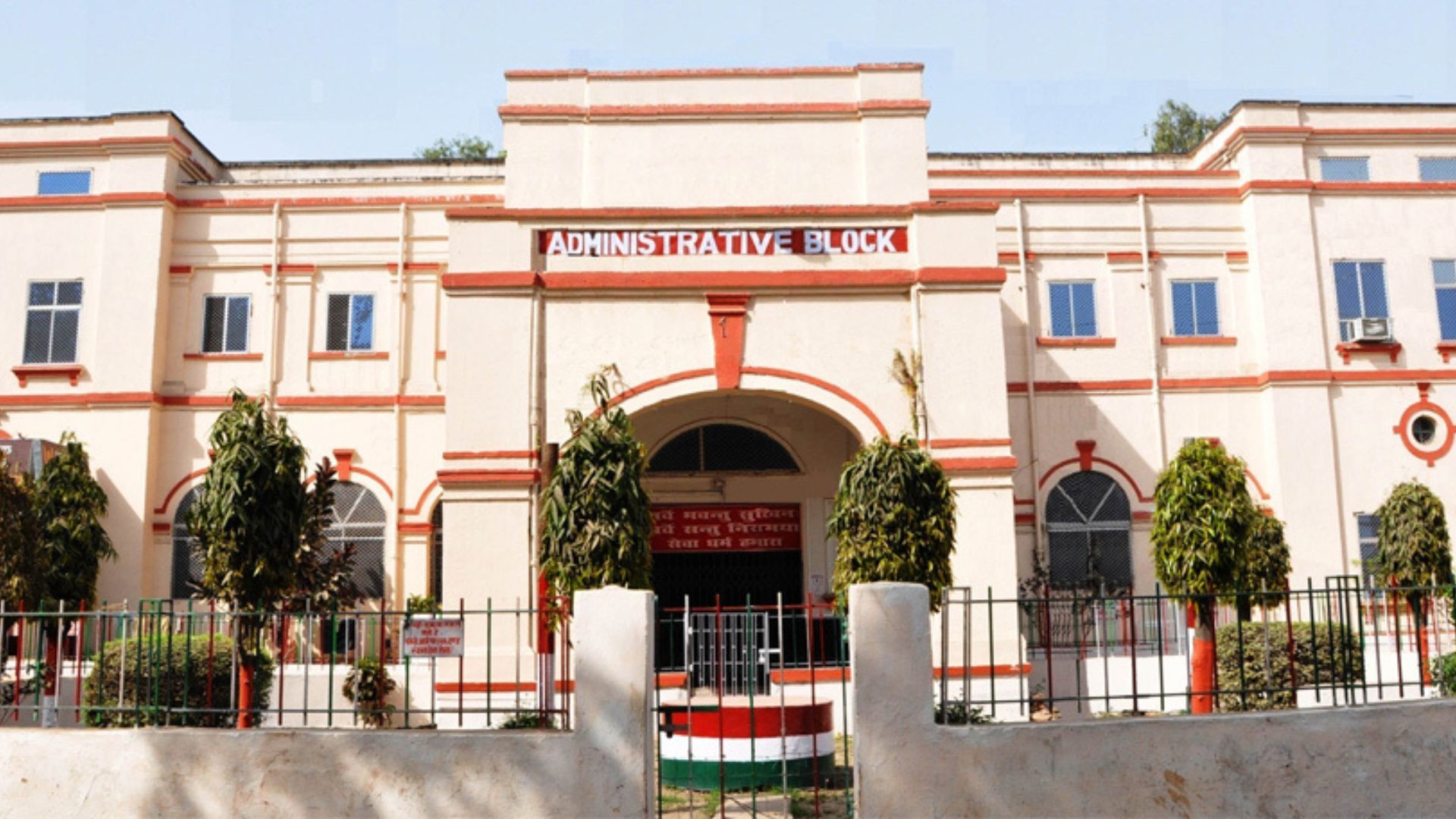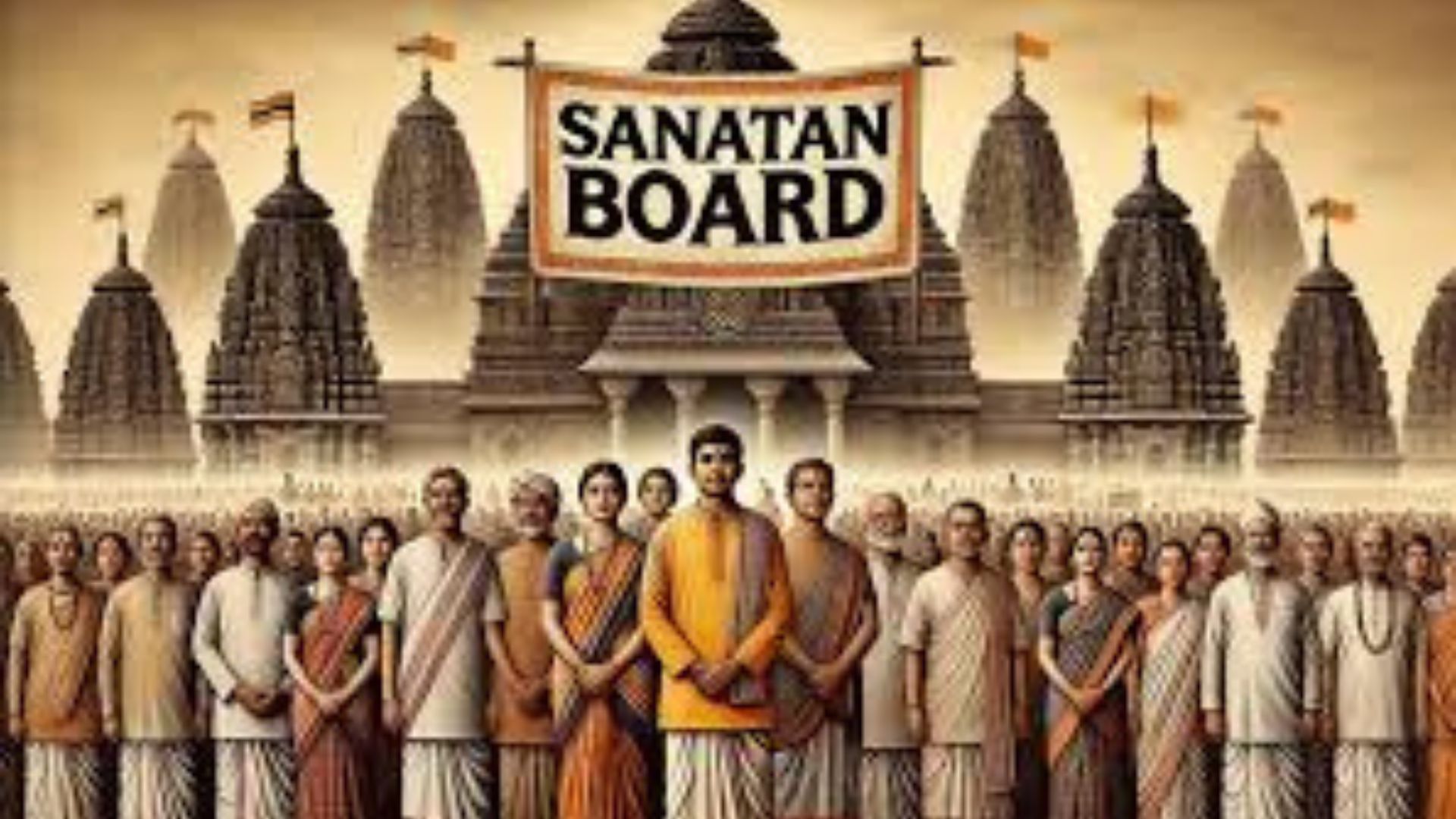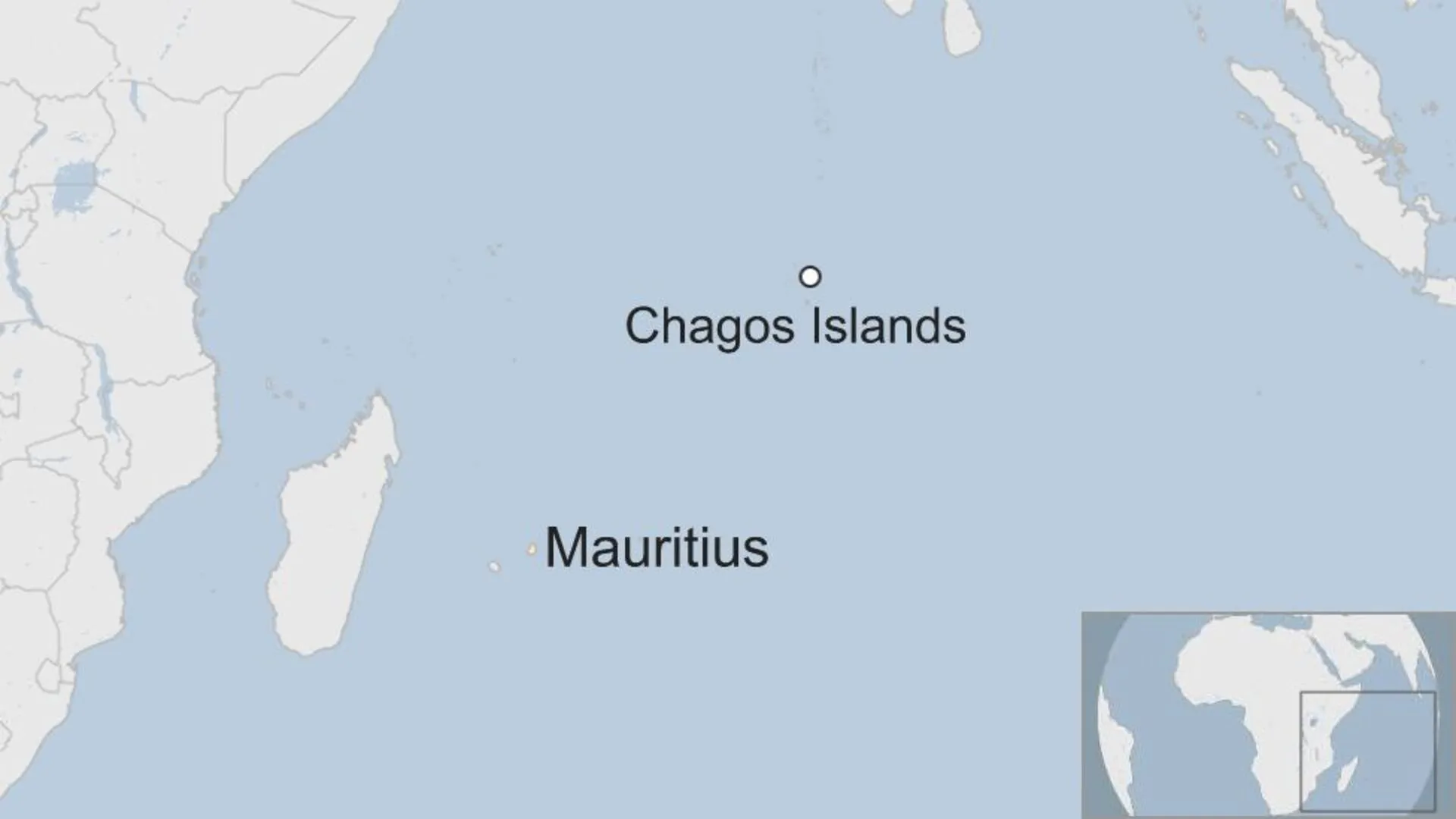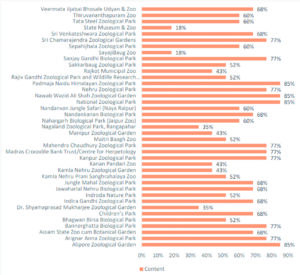India is a biodiversity hotspot, with ecosystems ranging from the Himalayas in the north to the evergreen rain forests in the south, the sands of the west to the marshy mangroves of the east. India is home to nearly 8% of global biodiversity on just 2.3% of the global land area and has sections of four of the 36 global biodiversity hotspots. India’s unique and diverse ecosystems, distributed across many landscapes, rivers, and oceans are economically valuable too.
As per the latest report published by WWF, it was revealed that a global species loss of 68% in less than 50 years; was a catastrophic decline never seen before. Converting land for agriculture has caused 70% of global biodiversity loss and half of all loss in tree cover.
Since 2000, 1.9 million km of wild and undeveloped land has been lost through conversion.
The Central Zoo Authority (CZA) is a statutory body of the Ministry of Environment, Forest and Climate Change, Government of India. The Central Zoo Authority was created by the Government of India in 1992 through an amendment to the Wild Life (Protection) Act, of 1972.
The main objective is to oversee the functioning of zoos and to enforce minimum standards and norms for the upkeep and health care of animals in Indian zoos. This complements and strengthens the national efforts in the conservation of wild fauna.
Based on this a framework was designed, which proposes guidelines, criteria and indicators for the evaluation of zoos in the country through the Management Effectiveness Evaluation Process (MEE-ZOO) in a holistic manner. The assessment criteria and indicators look beyond the traditional concepts & include issues of animal welfare, husbandry and sustainability of resources and finance.
The MEE-ZOO aims to advance zoo management across India while adhering to core values of accountability, transparency, innovation, use of technology, collaboration and integrity to achieve the mandate of conservation of endangered species.
The salient features of the proposed assessment management effectiveness framework are as follows:
l Comprehensive, useful, discrete, holistic and independent, relevant criteria and indicators.
l Logical, systematic, stable and balanced framework
l Structured with guidance notes, replicable and accurate
l Evidence-based independent assessment gives clear guidance to measure and score indicators
l Indicators are precise and consistent and can link up
l Measurable in quantitative and qualitative terms
l Rapid assessment with minimum budgetary support
l User-friendly, practical and achievable
l Clear and specific focus with strategic guidance and action for improvement
l Assessment will lead to the grading of Zoos in various categories
l Ultimately, the MEE-ZOO framework serves as a valuable tool for promoting effective zoo management across India. The clear focus, strategic guidance, and actionable insights derived from the assessment process will contribute to the conservation of endangered species and the sustainable future of India’s diverse wildlife. Through collaborative efforts, India can continue to be a steward of its biodiversity, setting an example for global conservation endeavours.

